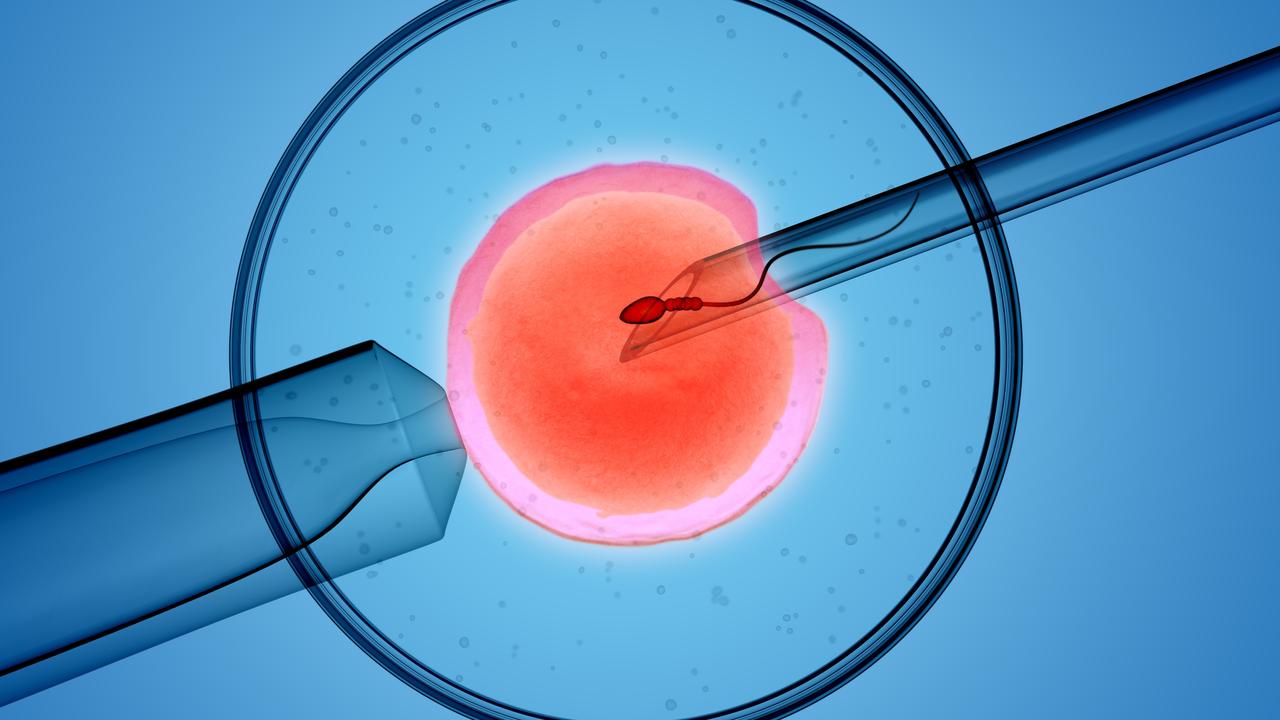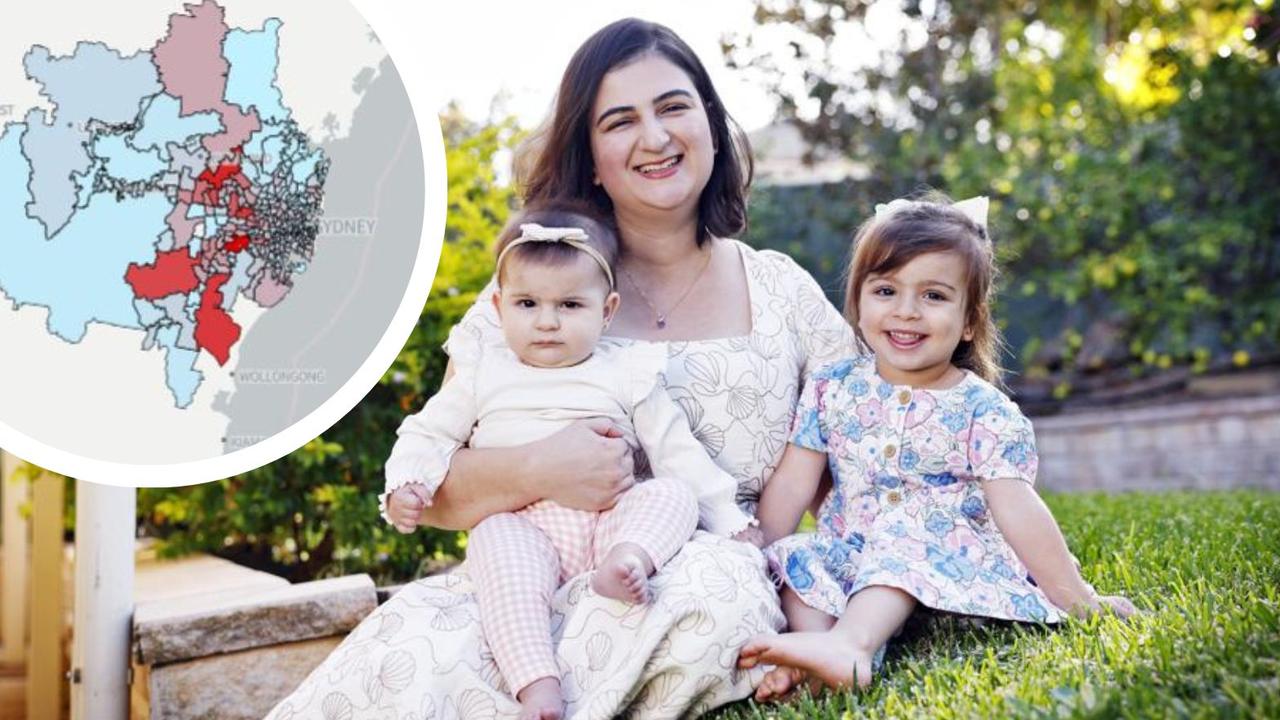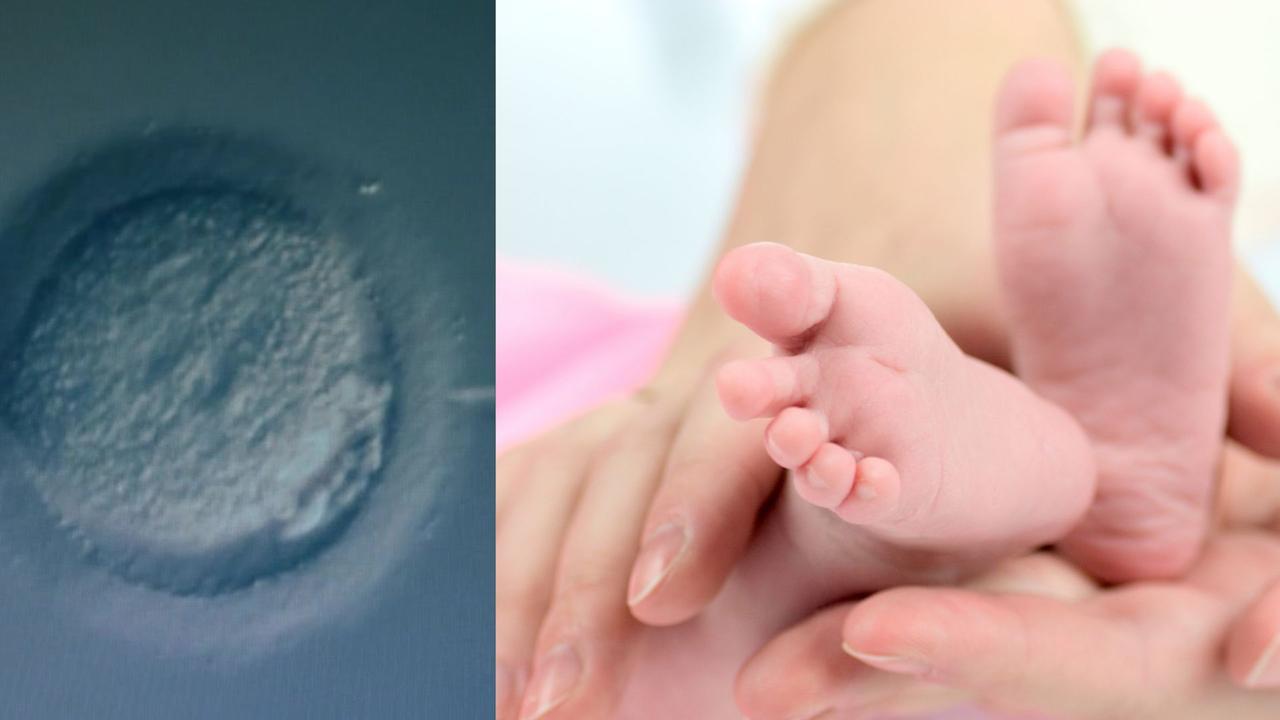Single women spending huge sums trying to preserve fertility with egg freezing
Fertility specialists say the biggest reason women are choosing to freeze their eggs – at a cost of $10k per cycle – is because they are single. Should it be made more affordable?
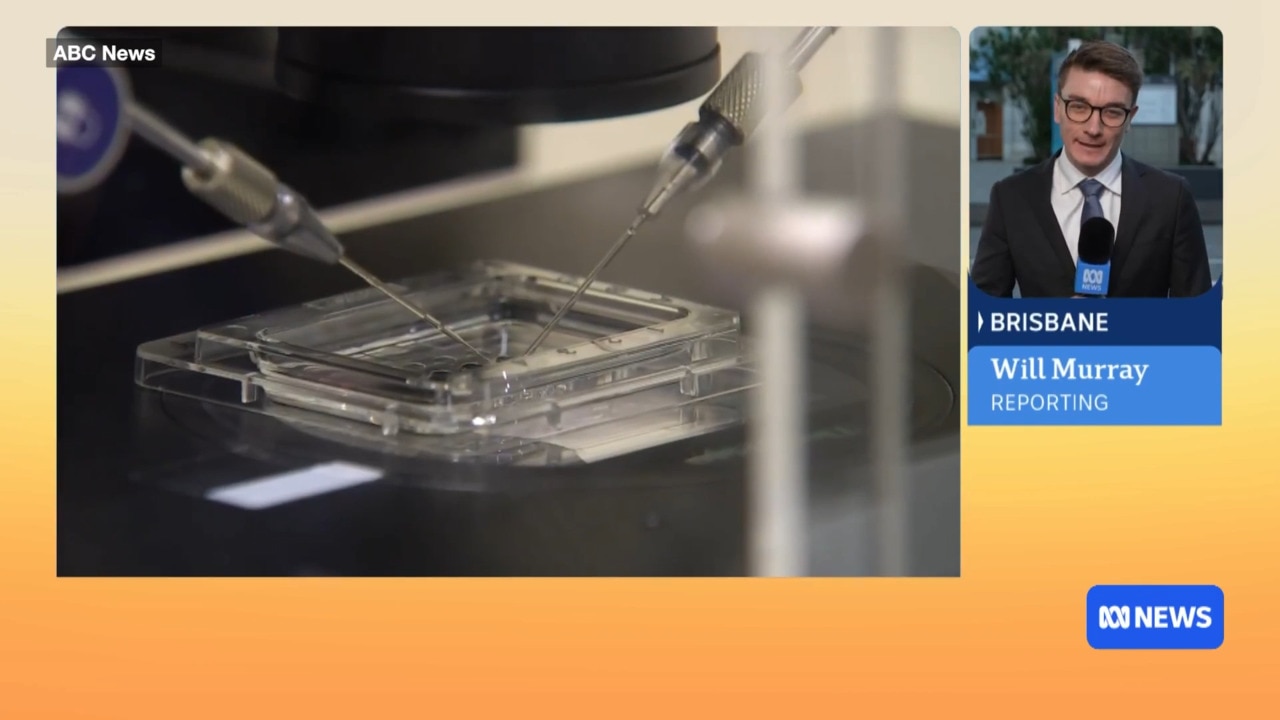
Fertility
Don't miss out on the headlines from Fertility. Followed categories will be added to My News.
International art curator Anaïs Lellouche froze her eggs at 35 after a serious relationship ended.
It was a similar story for Victoria Zamora, a music industry management professional, who decided to do her first round of egg freezing following a split from a long-term partner while she was in her early 30s.
Both women say they felt lucky to have had some help from their families to pay for the expensive procedure that costs about $10,000 per cycle and is even higher in Queensland.
But amid the nation’s birthrate falling to a record low and mums putting off pregnancy until later in life, some specialists say more women should be able to access subsidised egg freezing.
It comes after this masthead previously revealed the government had expanded the definition of infertility to include single women and same-sex couples, meaning they now automatically qualify for IVF rebates.
But at present egg freezing is not a stand-alone item on the Medicare Benefits Scheme.
Women are only reimbursed through Medicare via a standard IVF item number when their treating specialist considers there to be a medical need, such as severe endometriosis or cancer, but it is described as a “grey area”.
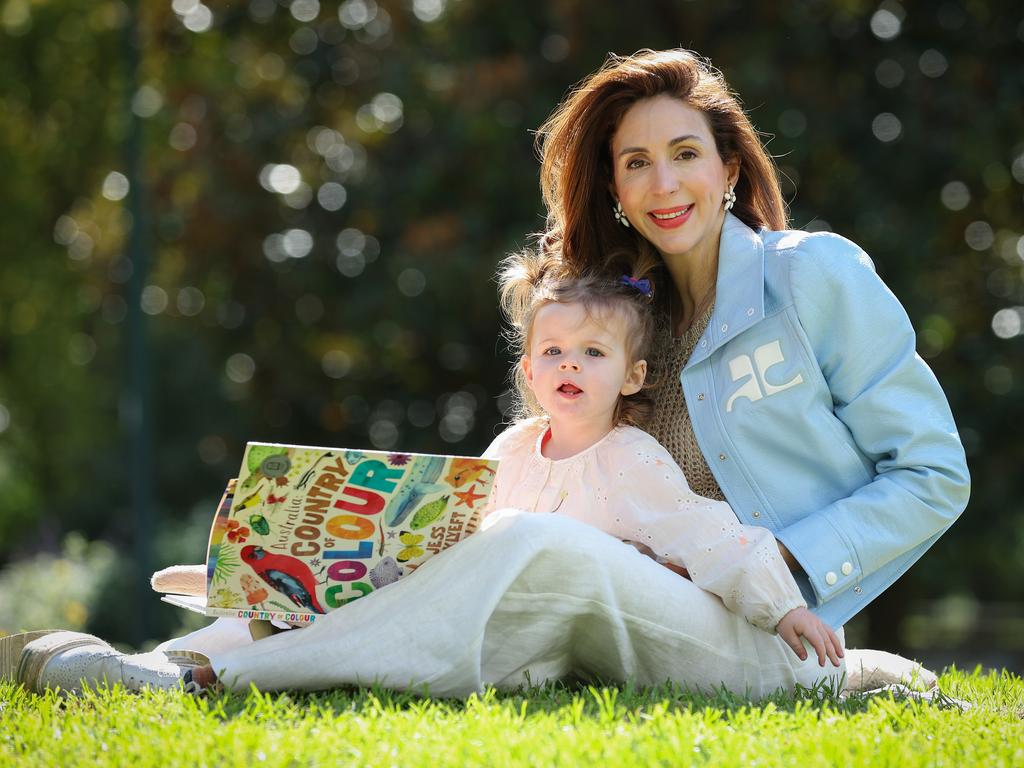
France was the first country to introduce reimbursement for egg freezing regardless of medical need in 2021.
Japan, which is grappling with a rapidly ageing population, also began offered subsidised egg freezing in 2023 to try to reverse its “quiet national emergency” of low birth rates.
Dr Raelia Lew, the president-elect of advisory body the Australia and New Zealand Society of Reproductive Endocrinologists and Infertility Specialists (ANZSREI) said she believed there was a very strong case to be made for egg freezing rebates for non-medical reasons.
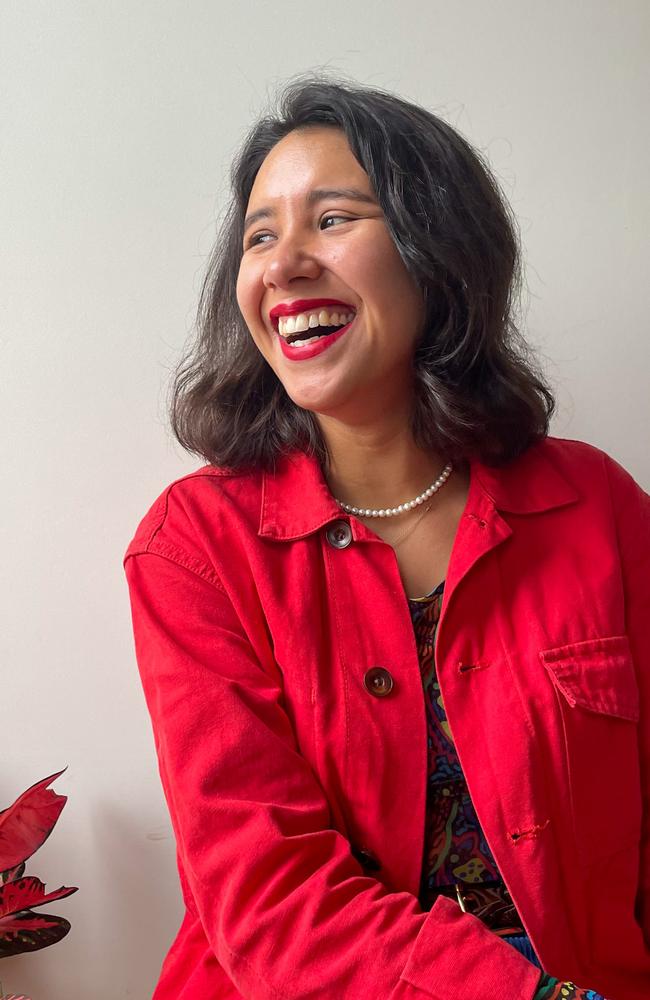
“The majority of women who defer having children do so due to the lack of a stable partner in a relationship and the desire to have children in that context,” she said.
“There’s a very strong argument to extend the Medicare rebate to egg freezing, what we would love to have is consensus from the government for what we feel is a very valid technology.”
Dr Lew, also the Medical Director of Melbourne IVF, said more women were having babies in their 40s through assisted reproductive technologies but by then it could be too late.
”So what we can see very clearly as reproductive medicine specialists is that if women had access to their younger, healthier eggs when they’re planning their families, a higher number of women would achieve their family planning goals with fewer treatments and with reduced costs, both to them personally and also to the government,” she said.
Monash IVF Bondi fertility specialist, gynaecologist and advanced laparoscopic surgeon Jenny Cook said single women and career women were the two biggest patient bases she saw for egg freezing.
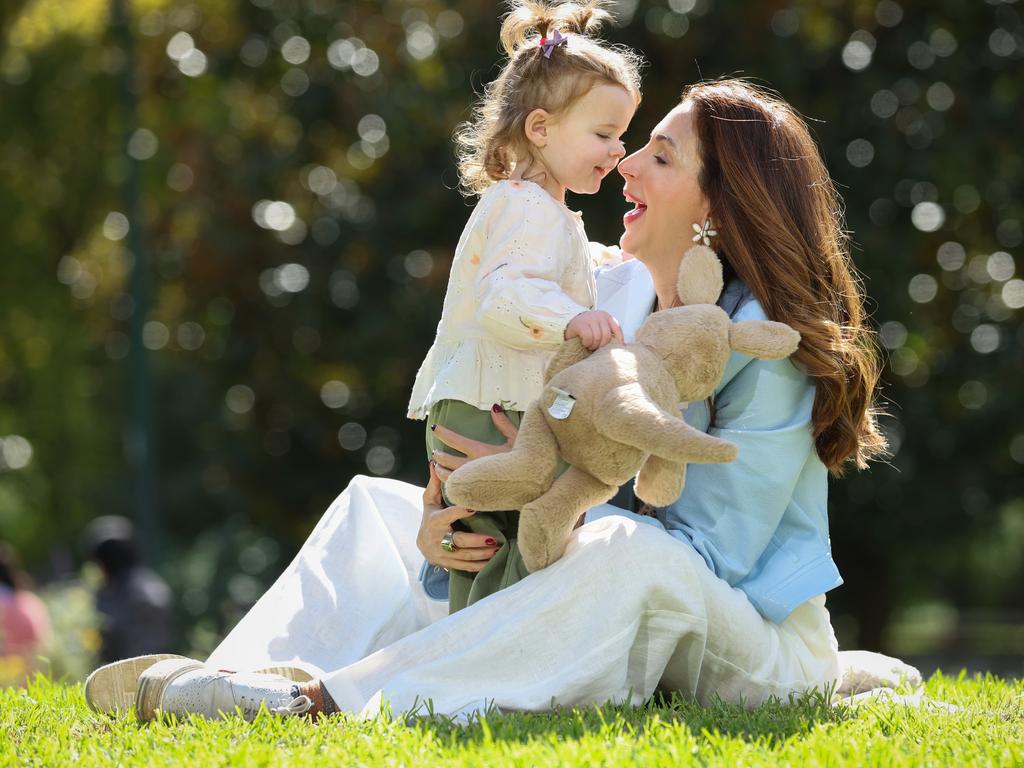
Speaking earlier this year, she said she was sure cost would be a barrier to many women looking at freezing their eggs.
“We have the technology for women to preserve fertility,” she said.
“Women have the right to study and to be independent, we are living in the 21st century.
“Women should be able to access the Medicare rebate there should be subsidies available. This is not a technology in its infancy.”
But Melbourne gynaecologist and fertility specialist Genia Rozen, who also said single women were the most common group she saw cfor egg freezing, noted many didn’t come back to use their eggs.
She said that was a limitation on the cost-effectiveness of applying the Medicare rebate to social egg freezing.
“I would like for there to be more consistency, so clinicians have more guidance on that application of the Medicare rebate. On the other hand, I think prescriptive guidelines are not useful because people are complicated and everyone’s different, and so leaving some nuance and individual decision making is really good,” she said.
Petra Wale, President of the Fertility Society of Australia and New Zealand (FSANZ) – the national IVF regulator – said she didn’t agree that egg freezing should be widely subsidised.
She said FSANZ’s position was that efforts should be put into education around how fertility declines with age and is impacted by things like smoking or drinking.
“There is not a guaranteed outcome from egg freezing,” she warned.
“My sympathy goes out to the economics that’s driving a lot of these choices people are making (in delaying having a baby), but I do still believe there is a level of naivety in the population about declining fertility.
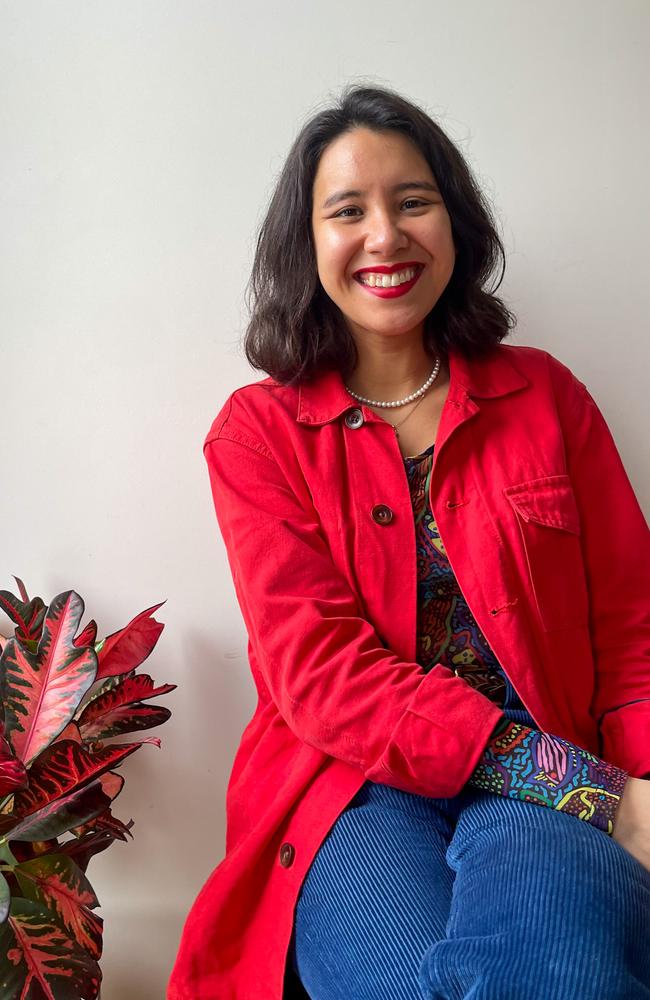
“We’re not telling people to go back and have babies at 21, even having babies at 30 is different to having babies at 35, which is different to having babies at 40.”
She said egg freezing was no doubt increasing and it could be worth looking at having more guidelines on when it should be subsidised, such as including mild endometriosis.
When asked about the issue, a spokesman for the Albanese government referred to the expanded definition of infertility, saying that it applied to egg freezing when it was “related to IVF”.
“At this time, none of the expert committees who advise the government on potential MBS changes have recommended the creation of new items to cover egg freezing independent of an IVF cycle,” the spokesman said.
The Coalition said: “We will continue to look at ways we can further support families on their fertility journey. We understand there is more work needed to get the policy settings right.”
Ms Lellouche went on to use her frozen eggs, opting to use a sperm donor and go the solo route with Melbourne IVF.
She only got two viable embryos, but one turned into her beautiful little girl, Iris, now 20 months.
“As a woman you’re taken into the excitement and challenges of planning for that professional life and always hope that things will happen in your private life, too,” she said.
“But sometimes it’s hard to get all the stops to align perfectly.
“I was born to be a mum, it was my biggest dream.”
She said she thought there should be more equality for egg freezing.
“A lot of young people when they are fertile are not high-income earners, it was a big financial outlay,” she said.
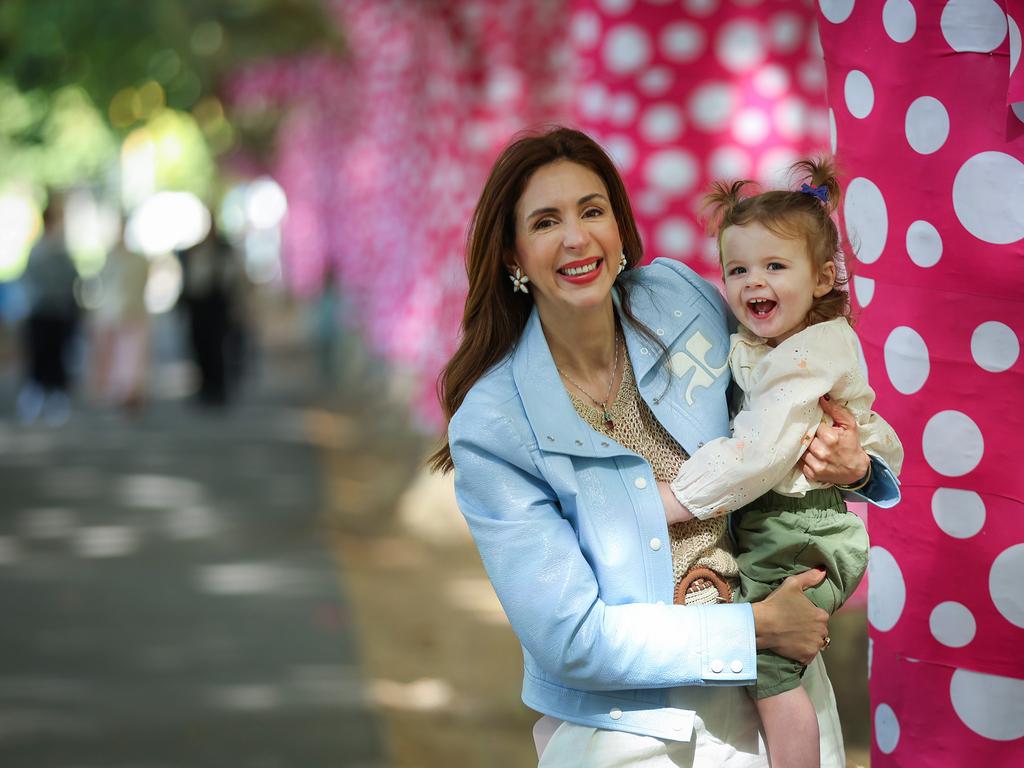
“My nationality is French, in France they offer egg freezing almost free of charge.
“I chose Australia as a place to conceive and have my daughter as the care is exceptional, but I think the social security system we have in France could be a good benchmark.”
Ms Zamora, 36, said she went back to do a second egg freezing cycle at 35.
In total she paid about $20,000, using Melbourne IVF for the first cycle, before following her doctor to Genea for the second.
“I haven’t used the eggs yet, I’m paying rent on the future,” she said.
“The dream scenario is to meet a partner who wants the same things as you, who you can enter the parenting dynamic with.
“There’s definitely a comfort in knowing that if that doesn’t happen I’m able to move forward with the journey to try to become a solo parent in a time frame that works for me.”
More Coverage
Originally published as Single women spending huge sums trying to preserve fertility with egg freezing



